Keir Starmer has landed in Cyprus in the midst of a diplomatic storm after he snubbed the Turkish Cypriot northern part of the island as he became the first prime minister to make an official visit for bilateral talks for more than five decades.
The prime minister is set to hold talks on Tuesday with president of the Republic of Cyprus Nikos Christodoulides in the Greek Cypriot controlled south of the island. But he has refused to find time for president Ersin Tatar in the self-declared Turkish Republic of Northern Cyprus (TRNC) on the visit even though he wants to reinitiate talks to reunite the island.
Sir Keir arrived on Monday evening after a brief tour of Arab gulf states and plans to talk to president Christodoulides about defence, trade, resetting the EU relationship after Brexit and the Cyprus problem.
The “Cyprus problem” refers to the division of the island for 50 years after Turkish troops intervened in the north in 1974 when a Greek Cypriot military coup attempted to unite the island with Greece and initiated attacks on Turkish Cypriot communities.
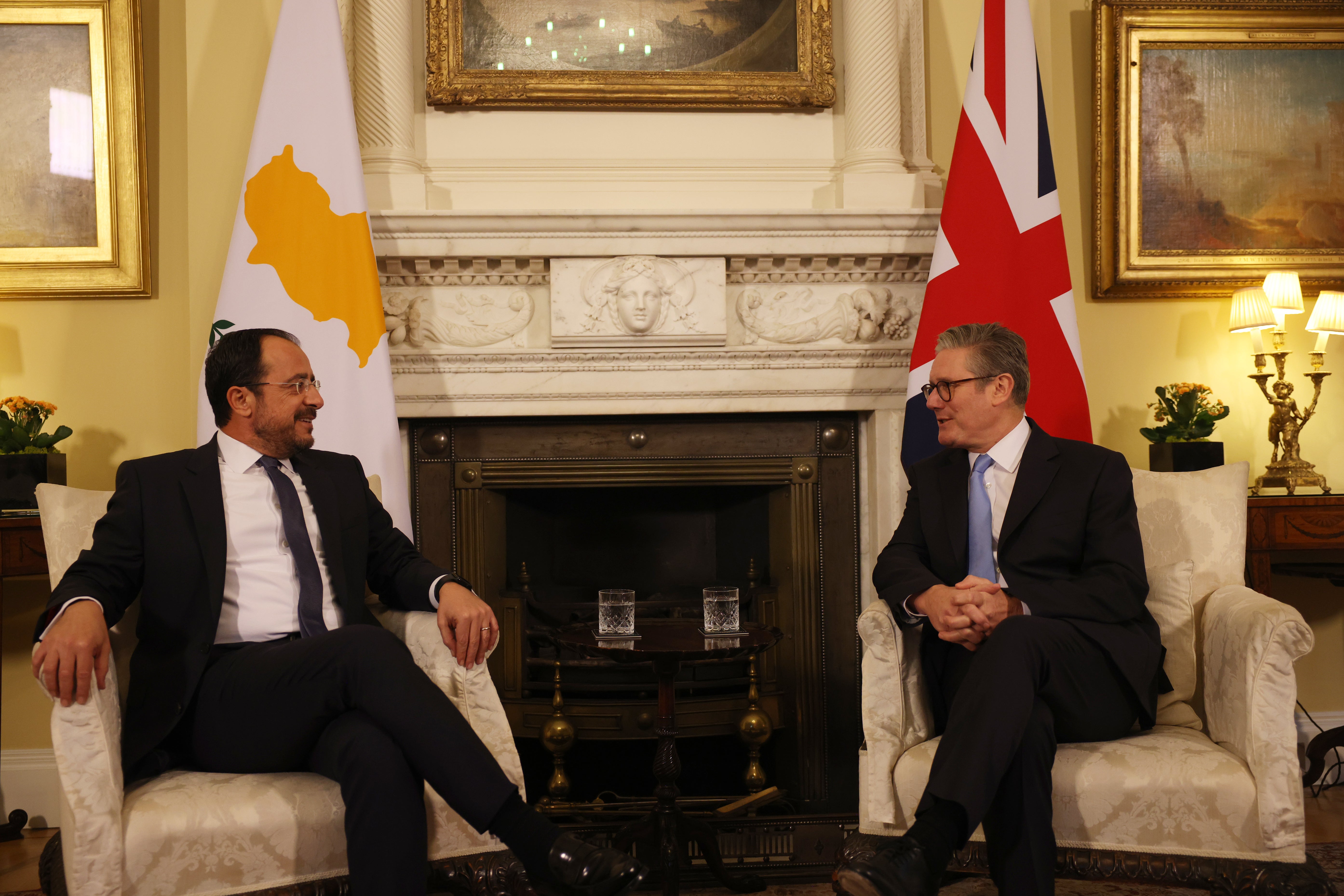
The island has been divided ever since with the Greek Cypriot side recognised by the international community and the TRNC an unrecognised separate entity supported by Turkey which has military bases there.
A number of attempts to reunite the island have failed because they have been vetoed by the Grek Cypriot side. In particular, the Annan Plan in 2004 failed following the president of Cyprus urging people to vote against it in a referendum.
Labour former foreign secretary Jack Straw, who was involved in the Annan Plan talks, now supports the TRNC’s call for a two state solution on the divided island.
But with the UK a guarantor power for the island along with Greece and Turkey, Sir Keir’s arrival on the island is seen as an important moment to try to reignite talks.
President Tatar has requested a meeting after he learned of the visit over the weekend but Downing Street has said one is not going ahead.
There had been hopes that Sir Keir’s involvement with the Northern Ireland peace process and reshaping the police there would have meant he understood the need to engage with and include both sides.
Last night Turkish Cypriot campaigners in the UK urged the prime minister to think again.
Rikki Williams, co-chair of Freedom and Fairness for Northern Cyprus group, said: “The prime minister should recall his time and involvement in the Peace Process for Northern Ireland. At that time he would not have spoken to just one side! You must speak to both parties not just one.
“This is failed diplomacy and it is an error to abandon discussion. If the Cyprus issue is ever to be resolved both sides must be treated fairly and evenly.”
In their statement over the weekend, the Office of the Presidency of the TRNC said: “As one of the guarantor powers, the UK has an obligation to treat the two sides on an equal footing, notwithstanding the fact that the visit is being staged at a time when the UN Secretary-General will be hosting a broader informal meeting on the Cyprus issue, to which the UK will also be represented.
“There are two sides in Cyprus and any settlement to be reached requires dialogue, cooperation and understanding between the sides. Simply ignoring the existence of Turkish Cypriot people and speaking to only one side of the conflicting parties will only undermine efforts to build trust and ways to paving the way for meaningful cooperation across different areas between the sides.”
In a statement, the Republic of Cyprus government said: “The meeting between president Christodoulides and prime minister Starmer represents another important development in the excellent relations between Cyprus and the United Kingdom, which have been further strengthened and entered into a new constructive period in the context of their Strategic Cooperation.”















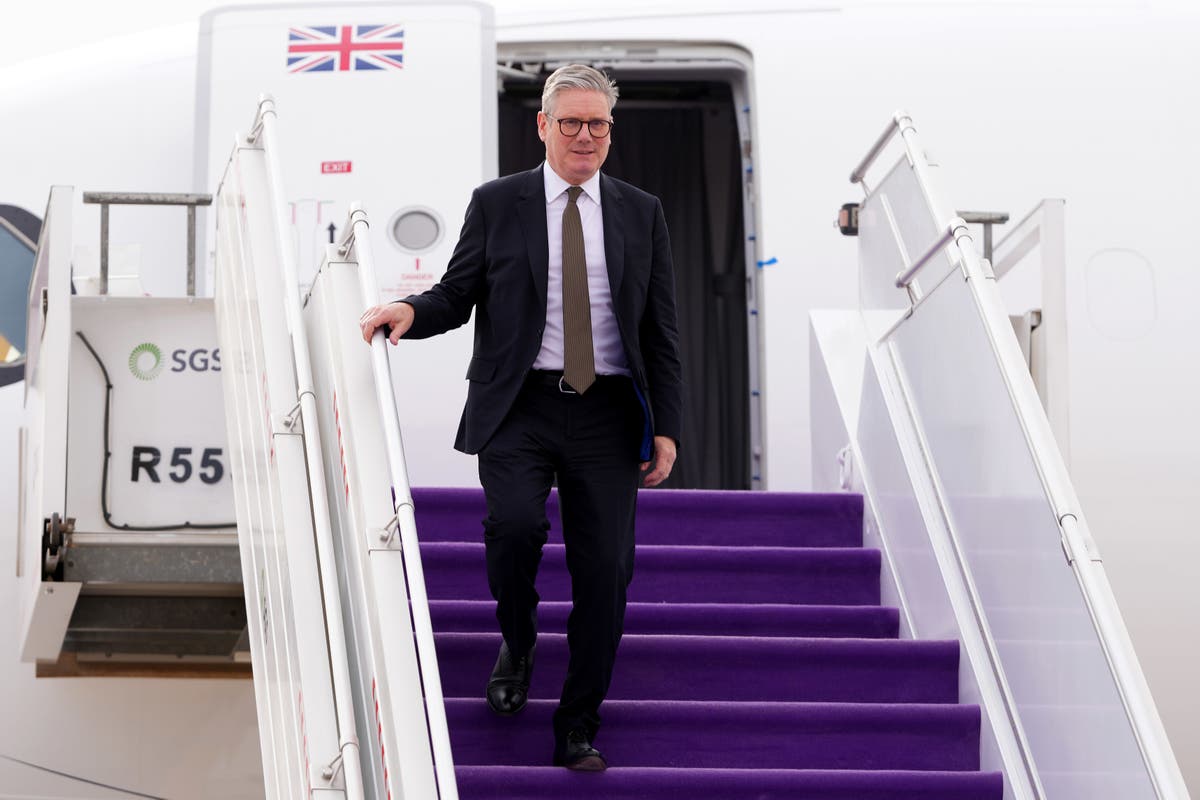
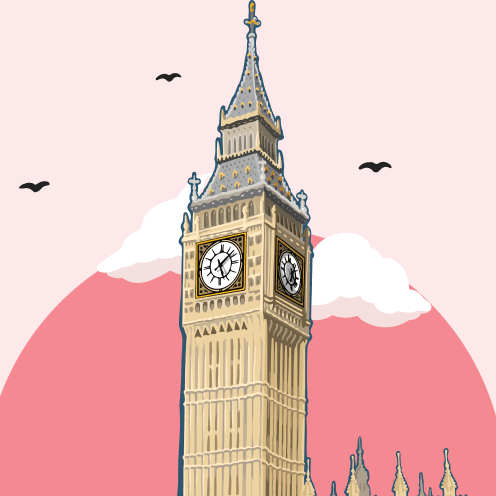
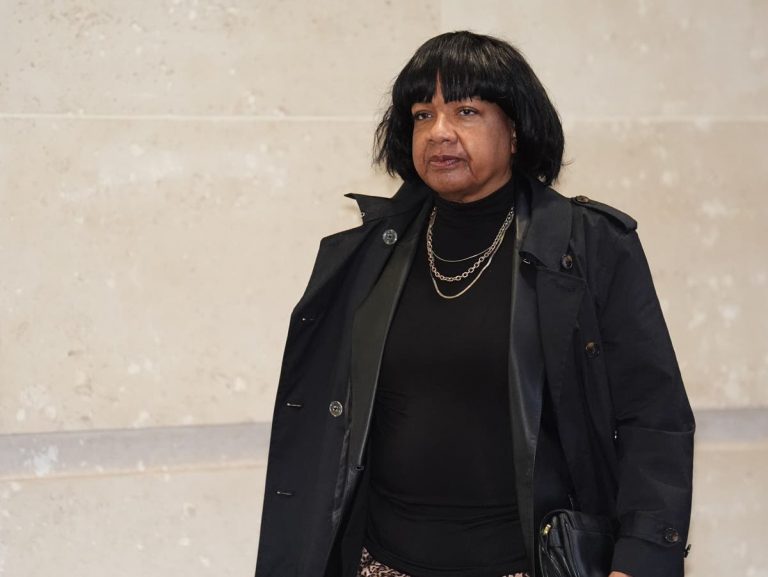





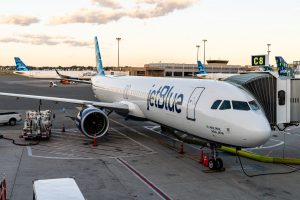




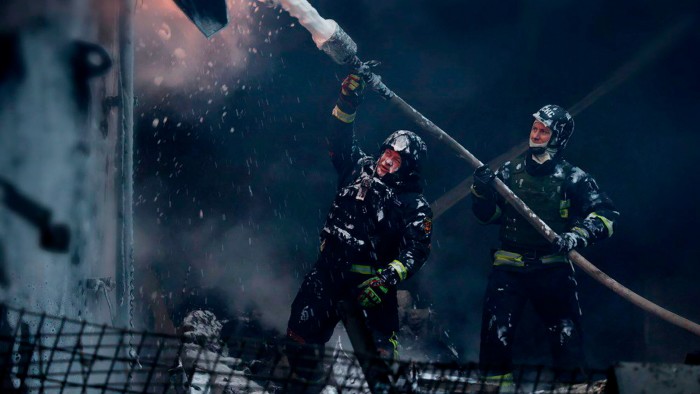
+ There are no comments
Add yours